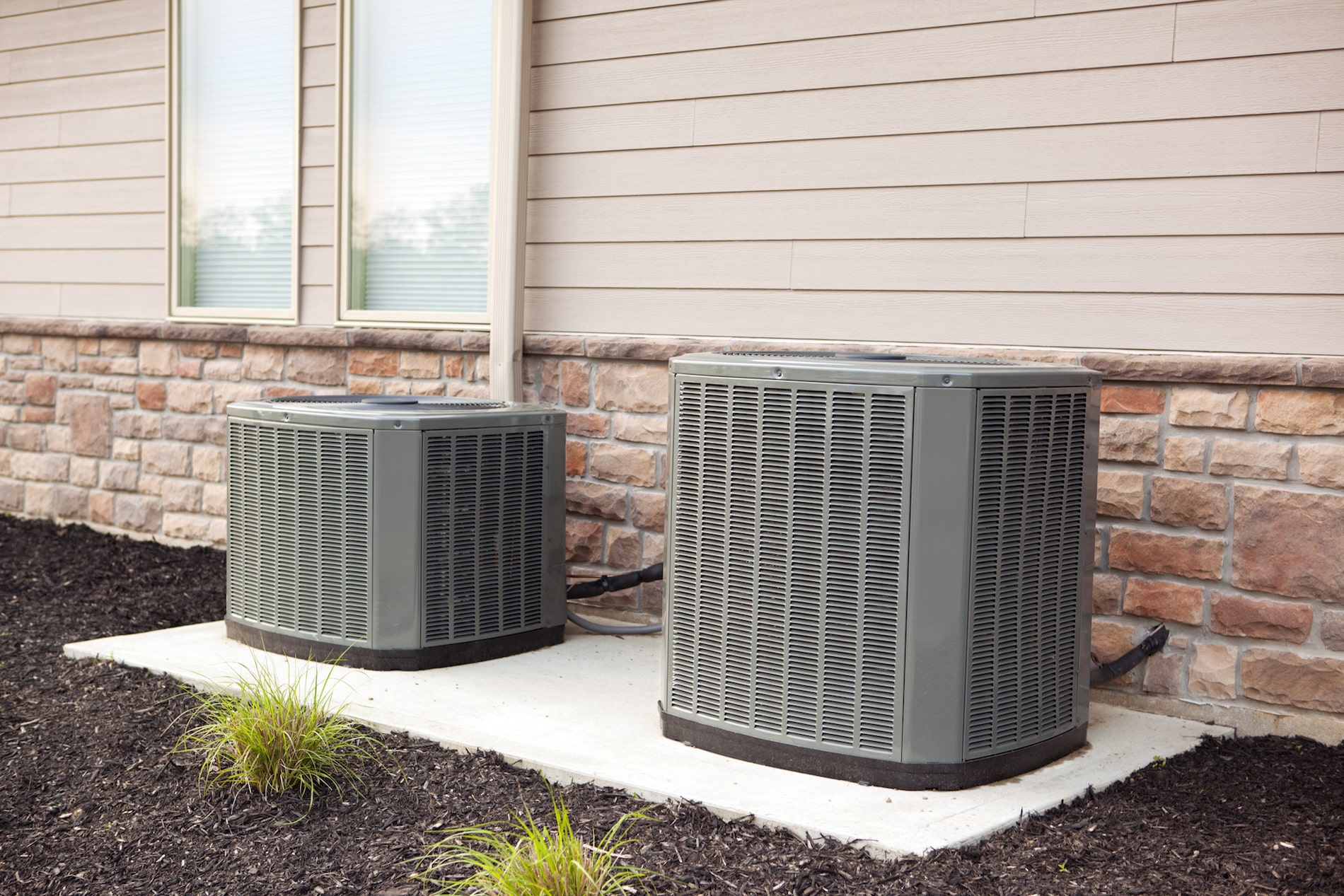
Emergency Air Conditioning Repair: 3 things to check before you call
First off, there are some things you can and should troubleshoot in order to make sure you really need professional help. But, if those options prove nothing but dead ends, rest assured there are plenty of options available.
Most heating and cooling companies offer emergency air conditioning repair / service options. But there are also considerations to make when determining which company to contact.
But, first, let’s take a look at what you can do to ensure that it’s not a simple fix on your part.
Check the power.
Make sure your thermostat has power, as well as the cooling unit itself. If the thermostat does not respond, make sure it has fresh batteries. Also check the switch at your air handler to see that it has not been turned off (it will be located on or near the unit, which is inside your home). You also need to check your home’s circuit breakers or fuses and make sure none of those are tripped or burned out. Also be sure to check the fuses or circuit breakers on the compressor outside your house (these are likely located on the wall next to your outdoor unit).
Check your thermostat.
You, or someone in your household, may have accidentally changed the settings. So, make sure it’s set to cooling phase and set the temperature lower than your home’s current temperature reading. Give it a few minutes and see if it kicks on.
Check the air filter.
You may need to find your user’s manual for this (to either locate where the filter is housed or the appropriate size of filter). A clogged filter will restrict airflow and even prevent cool air from circulating through your ductwork. It could also cause your HVAC system’s coils to freeze. Replace it with a new one that meets your manufacturer’s requirements. Ideally, you should replace your filter at least once a quarter to avoid this eventuality – more often if you have indoor pets.
If none of this works be sure to shut down your cooling system altogether. It’s probably time to call in the professionals to do an emergency air conditioning repair. If it is already crippled, you risk further damage by continuing to run the unit.
There are several issues that could be the source of your problem, including: low refrigerant (due to a leak or not being refilled over too long a period), clogged drain lines, damaged compressor fan, and/or iced-over condenser or evaporator coils.
If you do not want to go through more detailed and mechanical troubleshooting steps, your next step lies in choosing the right repair company. If you do not have a maintenance contract, or a company that you have worked with in the past, take some time to do some quick research on residential HVAC companies in your area. Aside from canvassing neighbors and friends, use a Google search, not YELP! Google makes it very difficult to write fake reviews unlike some other applications.
And make sure any company that you contact is state licensed, as well as bonded and fully-insured.
Emergency air conditioning repair service may not be easy to come by over warmer months, requiring some patience on your part – which is why it’s always a good idea to have your cooling unit fully serviced and inspected by a professional prior to the beginning of warmer months. But most companies have an emergency, 24-hour on-call technician.
There is a wide scale of typical air conditioning repairs. According to serviceexperts.com average residential HVAC repairs range:
Fixing refrigerant leaks costs – $150-$500
AC circuit board replacements – $450-$1,300
Thermostat replacement – $200-$500
Capacitor replacement – $250-$350
Contactor replacement – $150-$350
AC fan motor replacement – $500-$1,200
After-hours, weekend and holiday emergency calls may cost more than the average repair visit. But if you cannot wait for normal business hours you will want to know exactly what you’re getting into.
Any service visit, whether it’s an emergency air conditioning repair or not, should provide a written estimate. Do not allow a company to give you an estimate over the phone without having looked at the problem firsthand. And, remember, the cheapest option might not always be the best option.
Stick to these guidelines, and it will help smooth an already unfortunate situation.
Your Trusted HVAC Experts for Home Comfort and Efficiency

